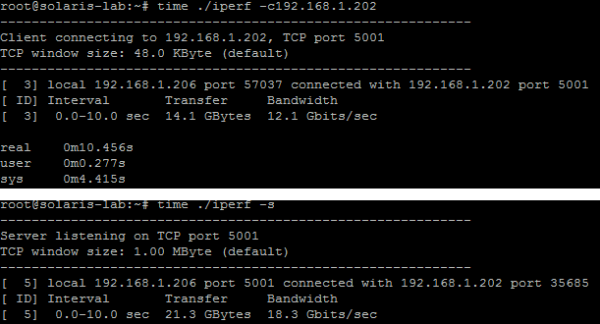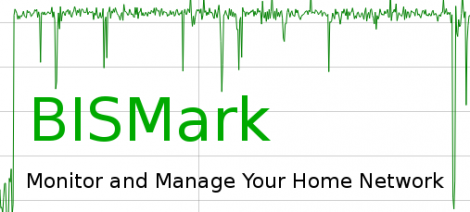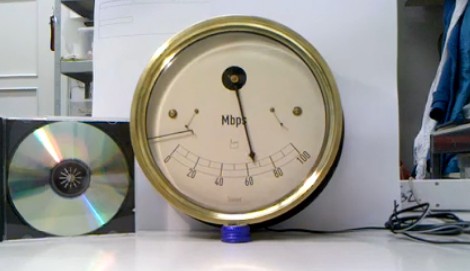[Cyber Explorer] recently ditched his collection of physical computers acting as servers by virtualizing the lot of them. But with every change there’s a drawback. Although it wasn’t too hard for him to set up the virtual machines, he did end up spending quite a bit of time trying to improve the bandwidth. Luckily he posted an article chronicling all of the VM tweaks he used to improve the system.
The experience involves both a Windows 8 machine, as well as a some Linux boxes meaning there’s something here for everybody. At each step in the process he performs some throughput tests to see how the boxes are performing. Tweaks are numerous, but include trying out different Ethernet drivers, making sure all modules are up to date, squashing at least one bug, and giving jumbo-frames a try.
[Thanks Omri]







![article-1212214-0659F596000005DC-336_468x324[1] article-1212214-0659F596000005DC-336_468x324[1]](http://hackaday.com/files/2009/09/article-1212214-0659f596000005dc-336_468x3241.jpg)









